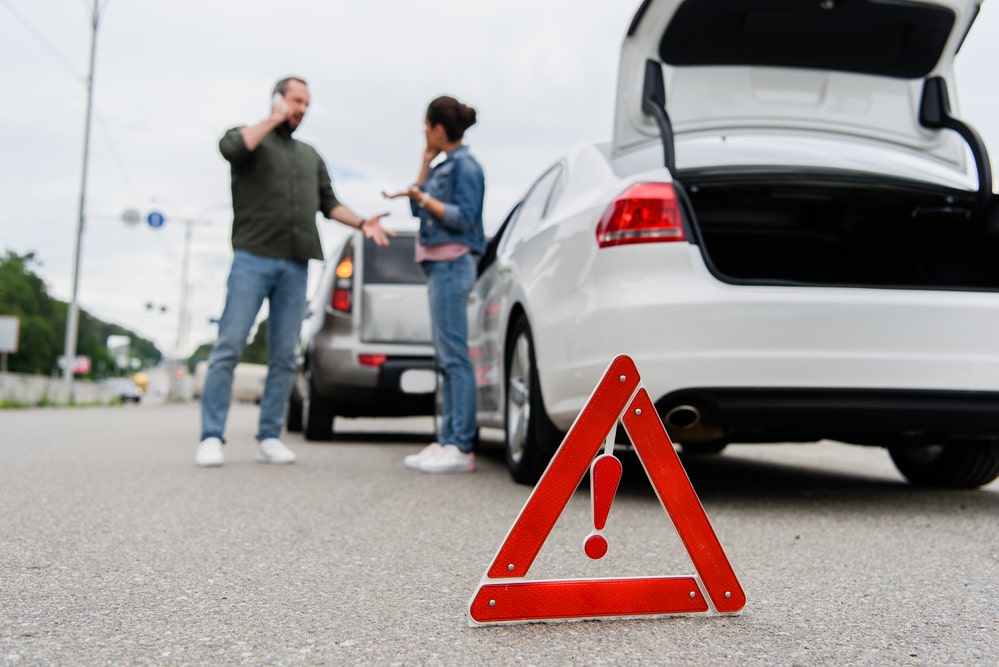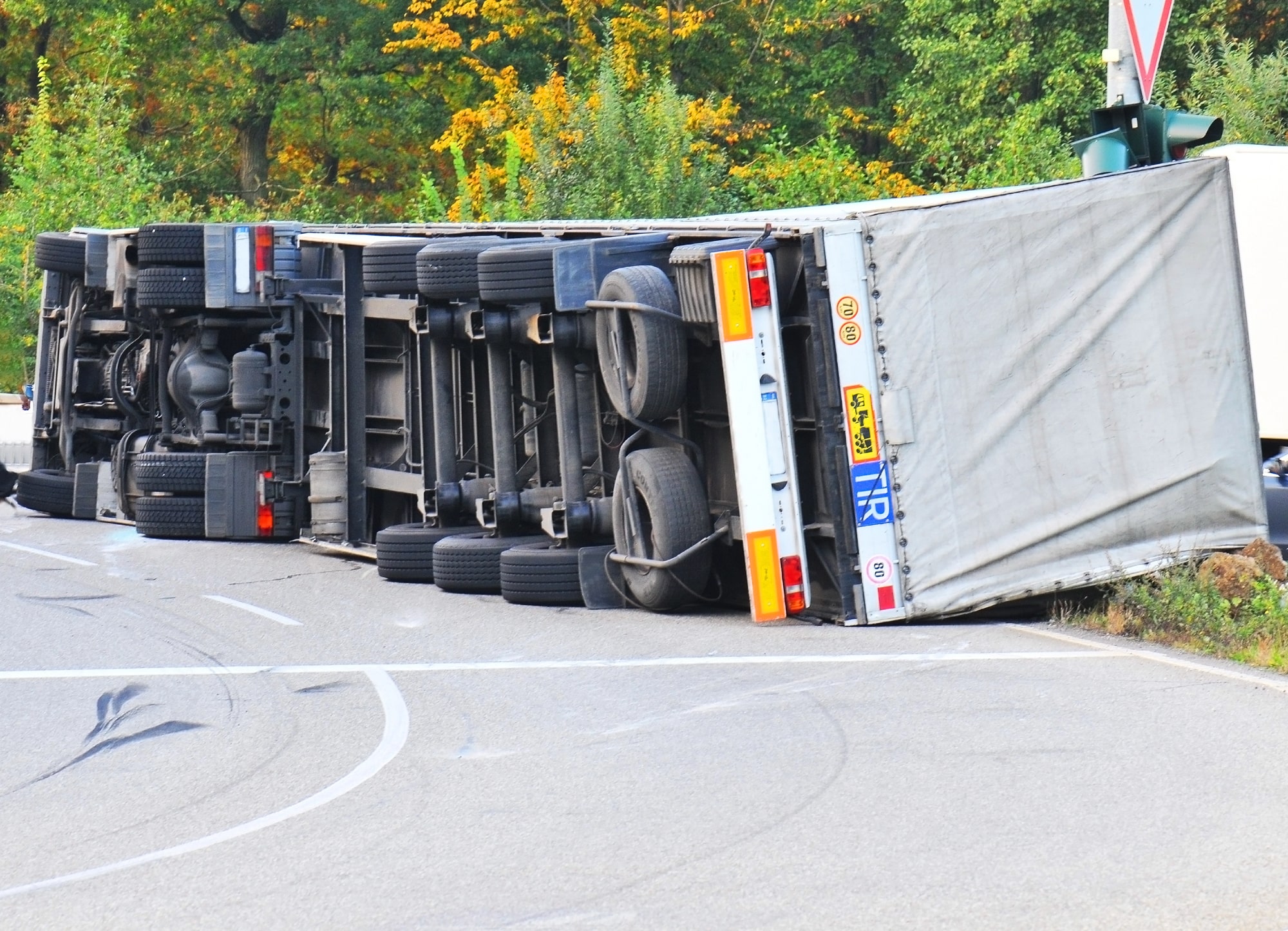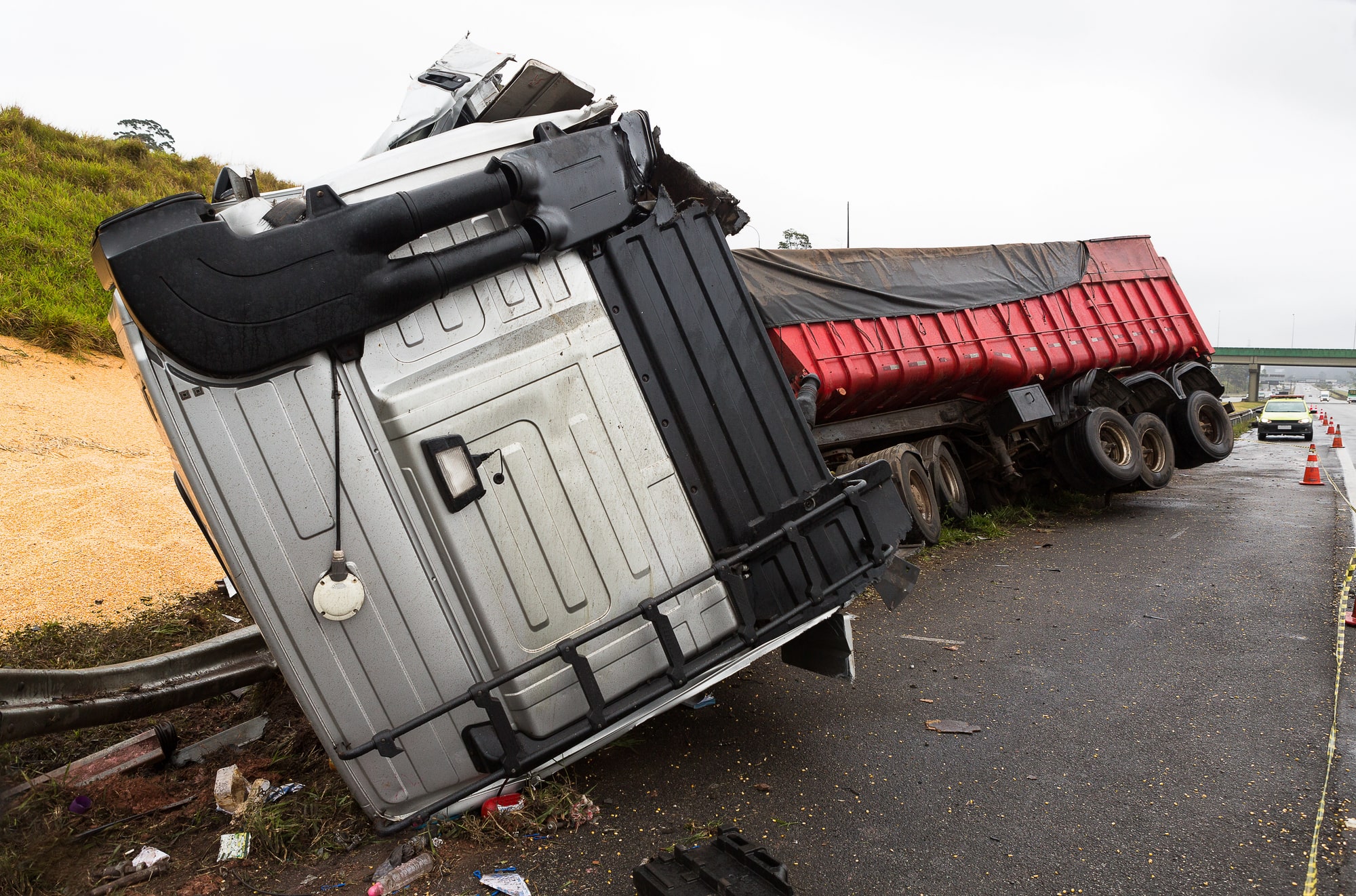Being involved in a car accident is a jarring experience, often leaving people unsure about what steps to take next. Taking the right actions immediately after a collision can make a significant difference, especially if you choose to pursue a personal injury claim later. That is why a car accident lawyer is here to outline the steps you should take immediately after an accident, helping you stay prepared and make informed decisions.
This blog is for informational purposes only and does not substitute for professional legal advice. If you need personalized legal guidance, consider scheduling a consultation with a qualified personal injury attorney.
Steps To Take After A Car Accident
If you’re involved in a car accident, follow these steps to protect yourself and your rights as shared by our friends at Herschensohn Law Firm, PLLC:
1. Call 911 Immediately
By calling 911, you ensure that law enforcement and paramedics are dispatched to the accident scene. This is crucial for several reasons:
- Law enforcement will document the accident, create an official report, and may collect witness statements. This report can be critical evidence in insurance claims and legal proceedings.
- Paramedics can provide immediate medical assistance to anyone injured in the accident, including yourself, which ensures timely care and documentation of your injuries.
Remember, some injuries may not be immediately apparent due to the adrenaline rush from the accident, so it’s always best to get checked out by medical professionals.
2. Take Photos Of The Scene
Use your phone or a camera to document the accident scene thoroughly. Photos are invaluable evidence if you need to file a personal injury claim. Be sure to capture:
- Vehicle damage from multiple angles.
- Road conditions (such as wet pavement, potholes, or road debris).
- Traffic signs and signals nearby.
- Any visible injuries you or passengers may have sustained.
Take as many photos as possible, as they will help paint a clear picture of what happened and who might be responsible.
3. Get Contact Information From Witnesses
Witnesses can provide crucial third-party perspectives on the accident. If bystanders saw the crash, politely ask for their names and contact information. In legal disputes or insurance claims, witness statements can add credibility to your version of events. Use your phone’s notes or contact app to store the information for easy access later.
4. Avoid Apologizing Or Admitting Fault
Although apologizing may seem polite, it can unintentionally imply fault. Even casual statements like “I’m sorry” could be misinterpreted as admitting responsibility for the accident. Instead, focus on ensuring everyone’s safety by asking if anyone needs medical assistance. Avoid discussing details of the accident with others at the scene, as even innocent comments could be misconstrued later.
5. Exchange Insurance Information With Other Drivers
Gather the necessary information from the other parties involved in the accident, such as:
- Names and contact information
- Insurance provider and policy number
- Driver’s license and license plate number
Use your phone to take photos of their insurance cards and driver’s licenses to make sure you don’t misplace this information. This documentation will be needed for filing a claim with your insurance company or for any potential legal actions.
6. Seek Medical Attention As Soon As Possible
Even if you feel fine immediately after the accident, seek medical care promptly. Some injuries, like whiplash or internal injuries, might not become apparent until hours or days later. Seeing a doctor helps ensure that:
- Any injuries are diagnosed and treated promptly.
- Medical records document your injuries, which can be critical evidence if you file a personal injury claim.
Keep all documentation of medical visits, treatments, and prescribed medications, as these will support any compensation claim for medical expenses.
7. Report The Accident To Your Insurance Company
After you’ve addressed the immediate steps at the scene, contact your insurance company to report the accident. Provide them with:
- Basic facts about the accident
- Details about the other driver(s) involved
- Witness information, if available
Be honest and stick to the facts, avoiding any embellishments or assumptions. Insurance companies will investigate the accident, so it’s best to let them handle that process.
8. Schedule A Consultation With A Car Accident Attorney
Consulting a personal injury attorney is an important step, especially if:
- You’ve sustained injuries and expect to incur medical bills.
- You believe the other party was at fault.
- The accident led to lost income or other financial hardships.
An experienced attorney can review your case, advise on your legal rights, and help determine if you have grounds for a personal injury claim. Additionally, a lawyer can handle negotiations with insurance companies, ensuring you aren’t pressured into accepting an inadequate settlement.
Why Following These Steps Is Essential
Each of these steps plays an important role in protecting your physical, financial, and legal well-being. By calling 911 and documenting the scene, you create an official record of the incident. Avoiding admission of fault helps prevent potential complications in legal disputes. Medical care ensures both your health and establishes records that support injury claims. Consulting an attorney can help you navigate the complex process of insurance claims and lawsuits, if necessary, maximizing the likelihood of a fair outcome.
Knowing what to do after a car accident can alleviate some of the stress and uncertainty following a traumatic event. These steps provide a clear roadmap to follow, helping you protect your rights and access the support you need. Remember, if you’re unsure about your next steps or need legal advice, reaching out to a personal injury attorney can provide clarity and guide you toward securing any compensation you may be entitled to.





